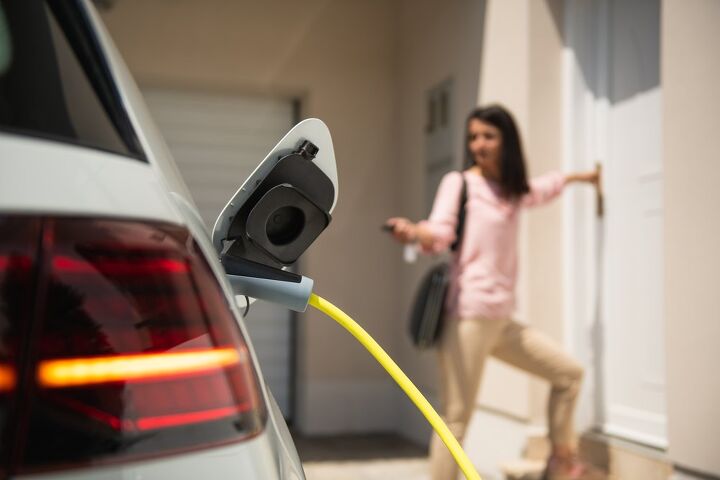Why More Americans Are Considering Electric Cars Now Than Ever Before
Recent data collected over a three-year period ending in February 2024 shows a significant increase in consumer searches for electric vehicles (EVs). Analysis indicates that interest in EVs has more than doubled, with a 177 percent rise in searches, underscoring a shift in consumer behavior and a greater inclination towards purchasing electric vehicles.
Influence of Fuel Prices on EV Demand
A distinct spike in searches for electric vehicles was noted between February and March 2022. This period coincides with increases in gasoline prices, suggesting a possible link between rising fuel costs and heightened interest in electric vehicles. Such trends highlight how external economic factors can drive consumer interest towards more sustainable vehicle options.
Popular Electric Vehicle Models and Pricing Trends
CarMax's sales data from September 2023 through February 2024 identifies the electric vehicles that are currently leading in popularity, along with their average sales prices:
- Tesla Model 3: $34,045
- Tesla Model Y: $43,896
- Nissan LEAF: $18,465
- Volkswagen ID.4: $31,576
- Ford Mustang Mach-E: $38,713
- Audi e-tron: $41,205
- Chevrolet Bolt EUV: $26,776
- Chevrolet Bolt EV: $22,564
- Tesla Model S: $45,574
- Hyundai Ioniq 5: $37,036
The pricing data reveals a range from approximately $22,000 to $45,000, which is significantly lower than the previous high of $72,000, suggesting that electric vehicles are becoming more financially accessible to a broader range of consumers.
Regional Sales Insights
While California remains a stronghold for electric vehicle sales, there is notable growth in the East Coast markets, particularly in Massachusetts, New York, and Maryland. This geographical expansion of EV sales indicates a nationwide shift towards electric mobility.
Public Sentiment and Market Response
Aligning with CarMax's findings, a 2023 Pew Research study revealed that a substantial portion of Americans are considering electric vehicles for their next purchase. This is reflective of a broader change in consumer preferences and a growing acceptance of electric vehicles across the country.
The collected data from CarMax not only emphasizes the diversity in popular electric vehicle models but also illustrates a trend towards more advantageous pricing. As the electric vehicle market continues to evolve, regional and national sales are expected to expand, supported by a favorable shift in public attitudes.
This article was co-written using AI and was then heavily edited and optimized by our editorial team.
More by TTAC Staff
Latest Car Reviews
Read moreLatest Product Reviews
Read moreRecent Comments
- Lou_BC Lead sleds. Now-a-days GM would just use Bondo.
- Jrhurren This is a great series. Thanks Corey
- Tane94 Not as stylish as the Soul which it is replacing but a practical shape and bonus points for EV only.
- Ronin What is the magical white swan event in the foreseeable future that will suddenly reverse the trend?Success tends to follow success, and likewise failure. The perception, other than among true believers, is that e-cars are a lost cause. Neither government fiat, nor government bribery, nor even the promise of superior virtue among one's peers have been enough to push past the early adapter curve. Either the bust-out is right now for e-cars, or it doesn't happen. Marketing 101.Even subtle language-manipulation, such as deeming those possessing common sense as suffering from some sort of vague anxiety (eg, "range anxiety") has not been enough to induce people to care.Twenty years from now funny AI-generated comedians will make fun of the '20s, and their obsession with theose silly half-forgotten EVs. They will point out that, yes, EVs actually ran on electricity generated by such organic fuels as coal and natural gas after all, and then they will perform synthesized laughter at us.
- 3-On-The-Tree We lived in Wa and my father had a time share at whistler, last time we were there was around 98.


































Comments
Join the conversation